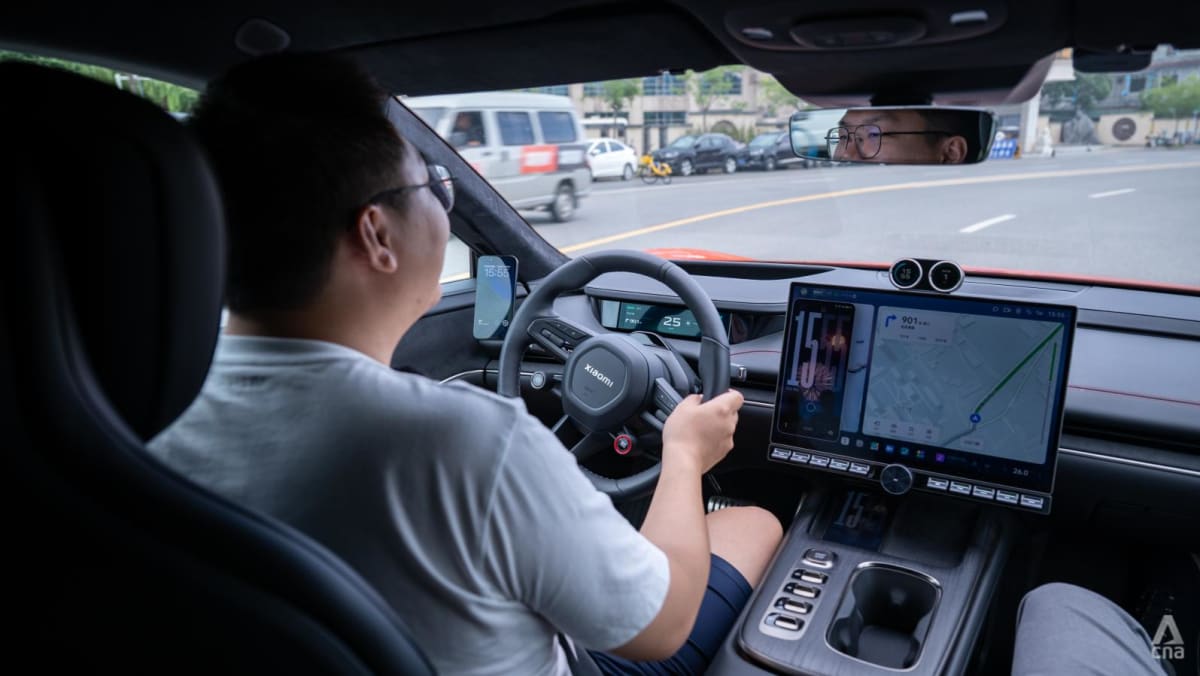Smart Car Tech in China: Balancing Safety and Innovation Amidst New Regulations
2025-07-22

CNA
China's ambition to lead the world in smart driving technology faces a crucial test as Beijing considers stricter regulations following recent incidents. While safety concerns are paramount, experts believe the government remains committed to fostering innovation, seeking a delicate balance that will shape the future of autonomous vehicles in the country. This article explores the evolving regulatory landscape, the challenges and opportunities it presents, and the broader implications for the global smart driving industry.
The Road to Autonomous Driving: China's Bold Vision
China has made significant strides in developing smart driving technology, driven by government support, substantial investment, and a vast domestic market. The nation's goal is to become a global leader in this space, aiming to reduce traffic accidents, improve transportation efficiency, and create new economic opportunities. Numerous tech giants and startups are actively engaged in developing autonomous vehicles, advanced driver-assistance systems (ADAS), and related technologies.
Recent Setbacks and the Call for Regulation
However, recent incidents involving autonomous vehicles have raised serious safety concerns. These incidents, including accidents and near misses, have prompted calls for stricter regulation to ensure public safety and maintain trust in the technology. The Chinese government is now actively reviewing existing regulations and considering new measures to address these concerns.
Navigating the Tightrope: Safety vs. Innovation
The core challenge lies in striking a balance between ensuring safety and fostering innovation. Overly stringent regulations could stifle the development of smart driving technology, hindering China's progress towards its ambitious goals. Conversely, lax regulations could jeopardize public safety and undermine the long-term viability of the industry.
Experts suggest that the new regulations are likely to focus on several key areas:
- Testing and Deployment: Enhanced requirements for testing autonomous vehicles in controlled environments and stricter guidelines for public road deployments.
- Data Security and Privacy: Robust measures to protect user data and ensure the privacy of individuals.
- Liability and Accountability: Clear frameworks for determining liability in the event of accidents involving autonomous vehicles.
- Technical Standards: Establishing minimum technical standards for autonomous vehicle systems to ensure safety and reliability.
Beijing's Determination: A Continued Commitment
Despite the challenges, Beijing remains determined to pursue its vision of becoming a smart driving technology leader. Experts believe that the government will adopt a pragmatic approach, carefully calibrating regulations to encourage innovation while prioritizing safety. They anticipate a phased implementation of stricter rules, allowing companies time to adapt and comply.
Global Implications
China's regulatory decisions will have significant implications for the global smart driving industry. As the world's largest automotive market, China's policies can influence the development and adoption of autonomous vehicles worldwide. The way China navigates this balance between safety and innovation will serve as a model for other countries grappling with similar challenges.
Looking Ahead
The future of smart driving technology in China hinges on the government's ability to create a regulatory environment that fosters both safety and innovation. By striking the right balance, China can solidify its position as a global leader in this transformative industry and unlock the immense potential of autonomous vehicles to improve transportation and enhance people's lives. The coming months will be crucial as Beijing finalizes and implements the new regulations, shaping the trajectory of smart driving technology in China and beyond.






